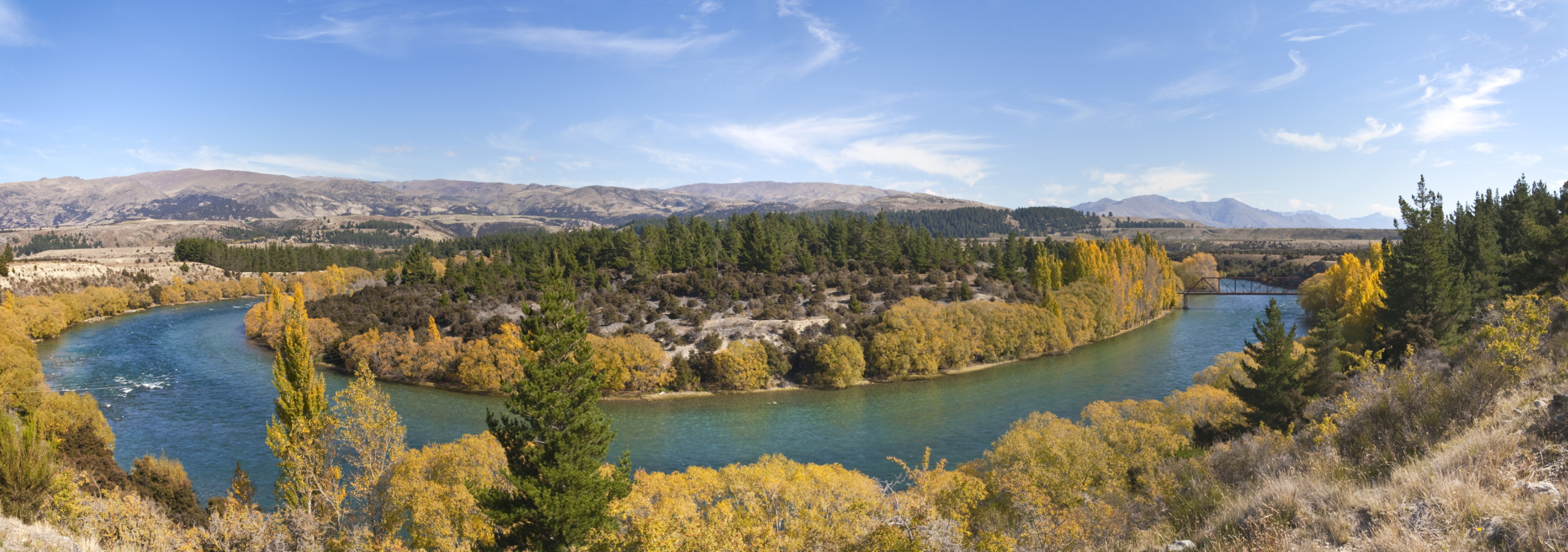
We decided to request a call-in process. It is important to us that we explain why we made that choice:
- We recognised that a traditional process for these matters had the potential to be very lengthy. Such processes often take many years of hearings and appeals. Because we want our communities to have some certainty about how we will manage water resources over the next few years, we have elected to request this call-in as we think it will deliver that certainty faster.
- We considered that in many ways this process will be similar to what you may have experienced in a Council hearing except that the appeals process does not allow a second hearing (appeals to the Environment Court) like the traditional Council process you may have experience of. You will be able to make submissions on the plan changes and it is important you do if you think you may want to challenge any decision made on them later, as only submitters other than specified parties in the legislation can join an appeal. You can go to the hearing and represent yourself, without needing a lawyer. Appeals are limited to points of law through the High Court. Hearing the whole proposal only once helps to reduce the costs of the process and to get a faster decision on each plan change.
- We know that faster decision making will help us make quicker progress in areas where we have gaps in policy frameworks and gaps in meeting our obligations for protection and maintenance of the environment.
For more information about processes that are heard in the Environment Court please access this link:
For information about processes heard by a Board of Inquiry please see these links:
- https://www.epa.govt.nz/assets/Uploads/Documents/RMA-Proposals/Guidance/be179d8941/EPA-Fact-Sheet-People-involved-in-a-proposal-of-national-significance.pdf
- https://www.epa.govt.nz/industry-areas/rma-proposals/plan-change-process/.
FAQs
ORC Councillors will still determine and adopt what is in the Plan Changes proposed for notification. Decisions on the final content of the plan changes are made by the Environment Court or a Board of Inquiry if the plan changes are called in.
Generally, after a plan change is notified, a local authority must have made decisions on those plan changes within two years of the date of notification. This process provides time for submissions from the public, further submissions, a hearing (if there are submissions) and then decisions. The decision may then be appealed to the Environment Court.
When proposals are appealed to the Environment Court they generally take more than three years from the original notification date to be resolved. For matters that have urgency or are particularly significant, utilising an alternative approach can be more appropriate.
Given that ORC is developing a new Land and Water Regional Plan (LWRP), to be notified by 2023, having two outstanding plan changes undecided at the same time would not be efficient or helpful. Minister Parker recommends ORC put its resources and energy into the LWRP development, so minimising the length of process for these plan changes is helpful to all of us.
The Minister must make his decision on whether to call in the plan changes no later than five working days before the commencement of any planned Council hearing on them.
No, he can turn down the request for the call-in if he chooses. If that happens the Council will follow a traditional process for deciding the plan changes. This is where a Council hearing would be held and appeals to the Environment Court are possible.
ORC is still responsible for drafting the plan changes. ORC does not run the call-in process. That would be done by the Environment Court or, for a Board of Inquiry, through the Environmental Protection Authority of New Zealand. This means that Council staff can focus on the content of the plan changes and preparing hearing evidence for whichever process the plan changes are decided by.
Background information and timeline:
- October 2018: ORC formally agrees to review its Regional Plan: Water to bring the plan in line with national requirements.
- Minister Parker initiated an investigation into Otago’s planning framework and found it to be not fit-for-purpose and recommended ORC undertake the following interim plan changes while a new Regional Policy Statement and Land and Water Regional Plan are developed:
- Plan Change 6AA (which was notified in October 2019, and made operative [subject to appeals] in February 2020) extended the date by which rural discharges for nitrogen phosphorus and E. coli were required while we develop new water quality rules) was notified.
- Water Permits Plan Change (proposed to be notified on 14 March 2020) which provides a simplified resource consent process to manage expiring water permits and deemed permits from 2021-2026
- A Water Quality Plan Change (formerly known as “Omnibus”), to be notified on 31 March 2020, that strengthens our water and waste plans to improve water quality and better protect our environment.
View our media release on this Ministerial call-on request here.
